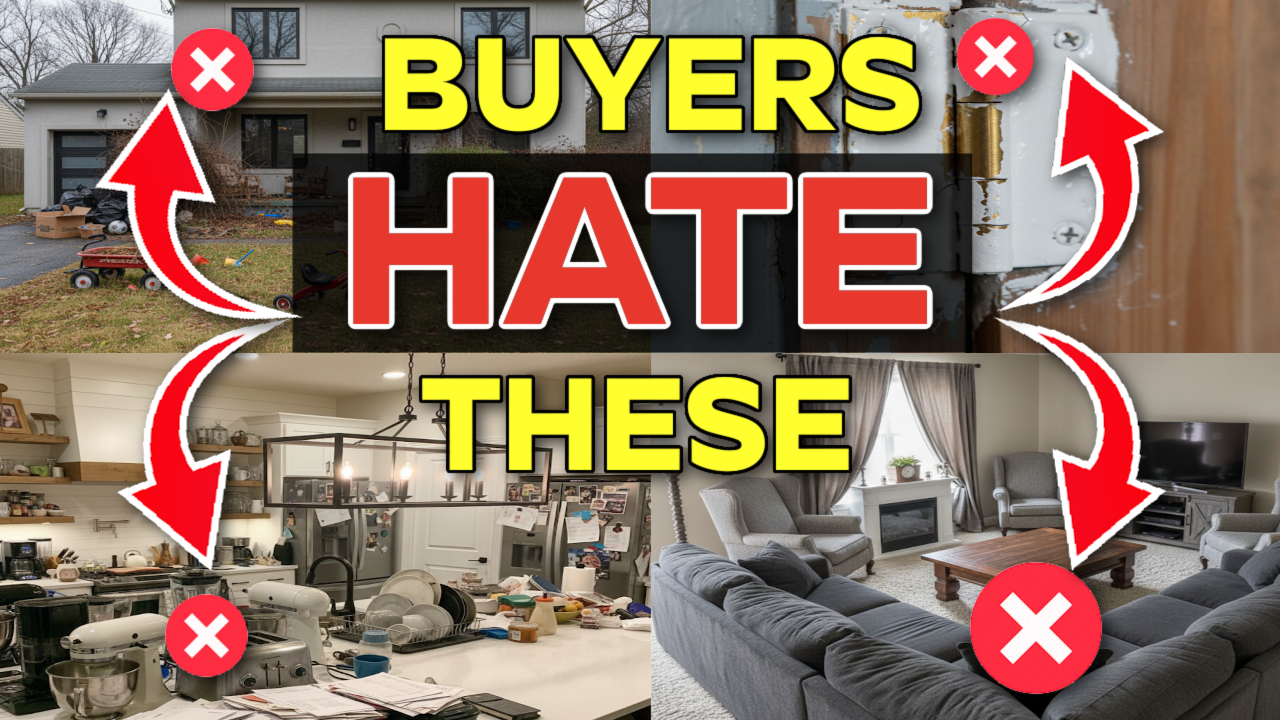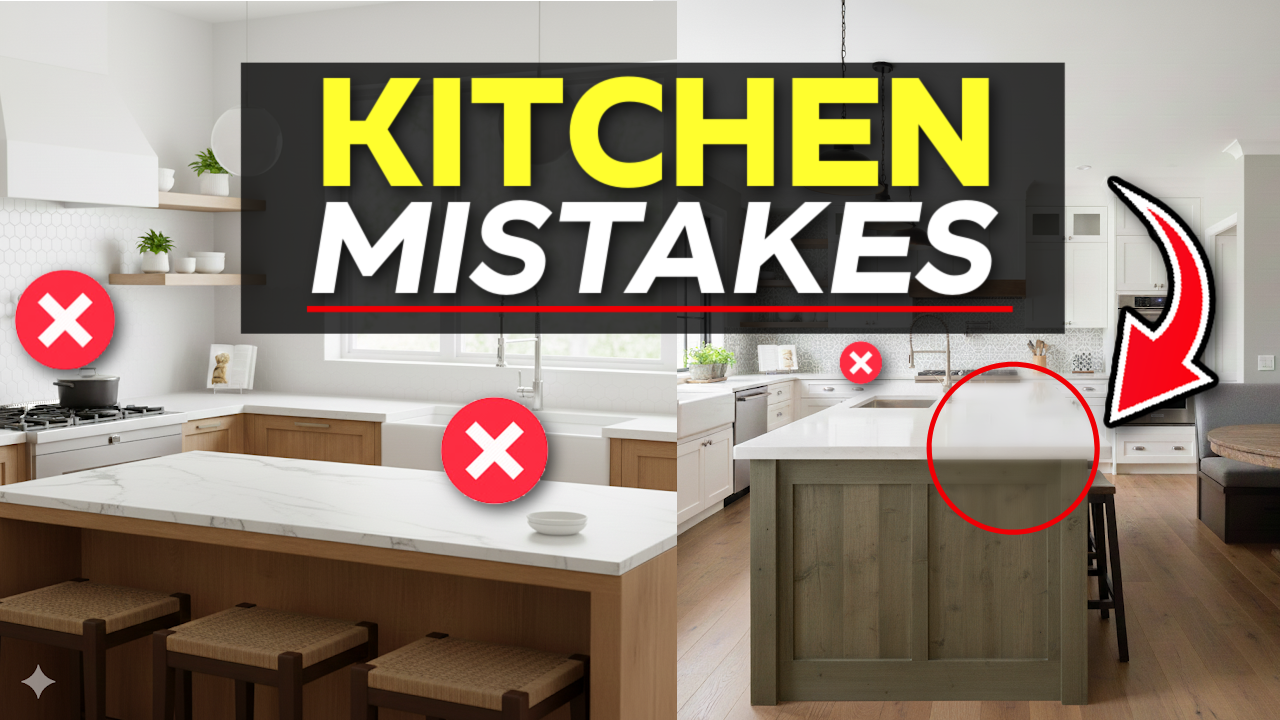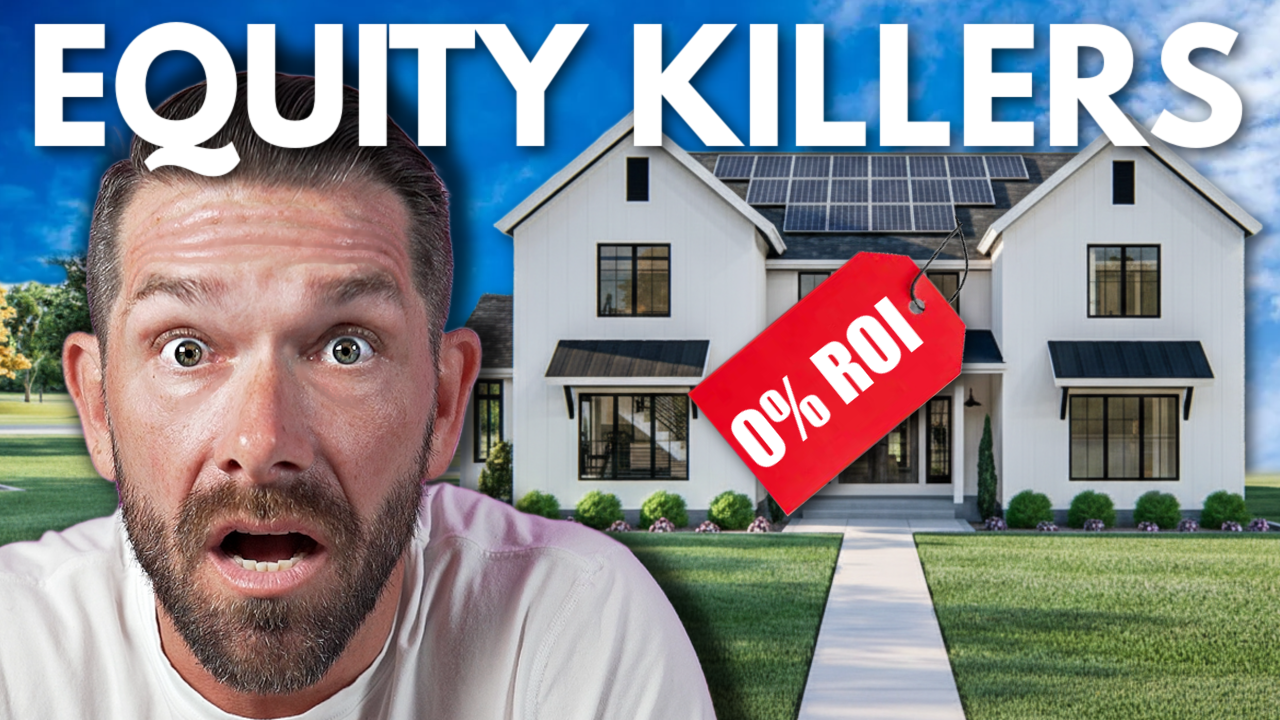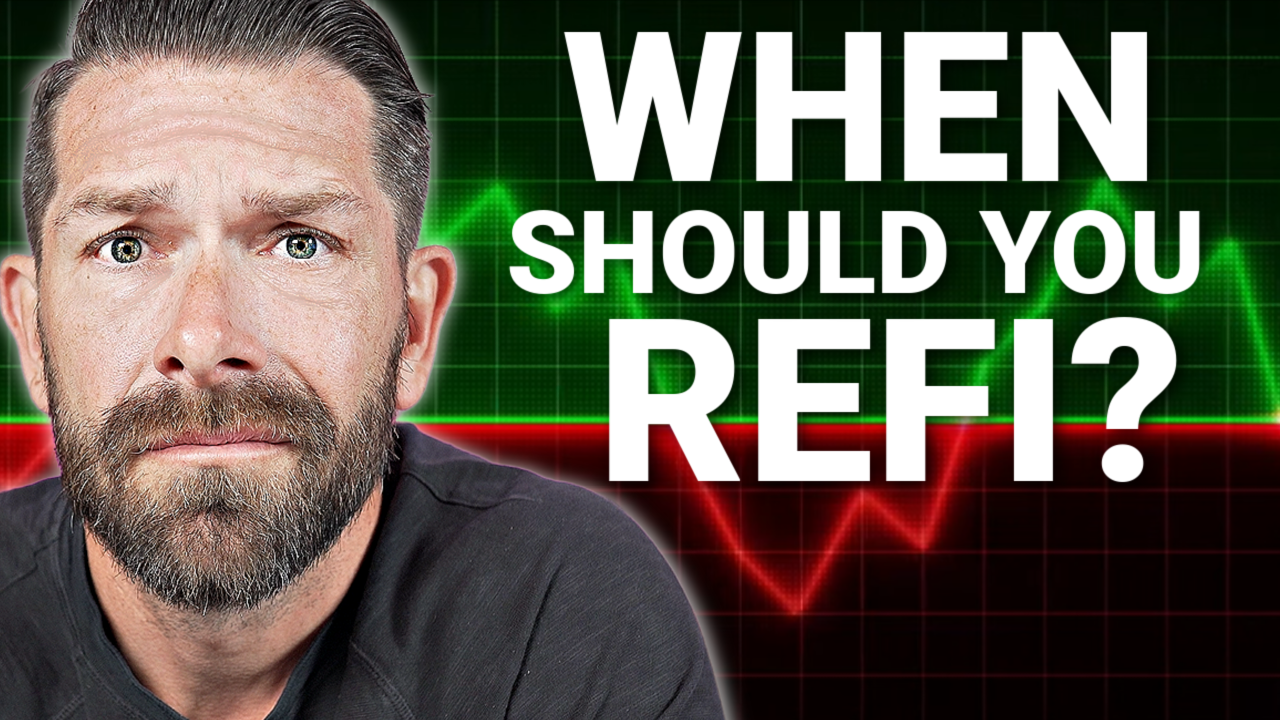Buying Your First Home In Orange County
Get The Latest OC Housing Report
Buying a home is a big deal, especially in a competitive market like Orange County, California. But don't worry, we've got your back. We're here with all the insider tips on making your journey to homeownership nothing short of successful. From getting your finances in order to finding the right real estate agent, we'll cover it all. Here we go - starting our trip down the road that leads straight to your future dream home.
Table Of Contents:
- Understanding the Home Buying Process
- Financial Readiness for Prospective Homeowners
- Choosing the Right Mortgage and Real Estate Professionals
- Renting vs. Buying: Which Is Right for You?
- The Role of Location in Home Buying
- Conclusion
Understanding the Home Buying Process
Buying a home is a big deal. It's probably the biggest purchase you'll ever make. And it's not just about finding the right house - there's a whole process to navigate. Before you even start looking at listings, you need to get your financial ducks in a row. This means taking a hard look at your income, debts, and savings. You'll need to have a solid down payment saved up, plus extra for closing costs and other expenses. Why is this so important? Because buying a home is a major financial commitment. You don't want to stretch yourself too thin and end up "house poor." Trust me, it's no fun having a beautiful home but no money left over for anything else.
Utilizing Real Estate Websites
Once you've got your finances sorted, it's time to start house hunting. And these days, that usually means heading online. Sites like Zillow, Redfin, and Realtor.com are great places to start. You can browse listings, check out photos and virtual tours, and get a sense of what's available in your price range. Just keep in mind that these sites don't always have the most up-to-date info. For the real scoop, you'll want to work with a local real estate agent.
Financial Readiness for Prospective Homeowners
Okay, let's dive a little deeper into the financial side of things. Because let's be real - buying a home is a huge financial undertaking. You want to make sure you're ready for it. First things first: you need a budget. Take a look at your income and expenses, and figure out how much you can realistically afford to spend on a mortgage payment each month. Don't forget to factor in things like property taxes, insurance, and maintenance costs. A good rule of thumb is to keep your housing costs (including your mortgage, taxes, and insurance) to no more than 28% of your gross monthly income. But everyone's situation is different, so it's important to crunch the numbers for yourself.
The Mortgage Pre-approval Process
Once you've got your budget figured out, it's time to talk to a lender about getting pre-approved for a mortgage. This is where the lender takes a deep dive into your finances - your income, debts, assets, and credit score - to determine how much they're willing to lend you. Getting pre-approved is important because it shows sellers that you're a serious buyer. It also helps you avoid falling in love with a house that's out of your price range. Trust me, that's a heartbreak you don't want to experience.
Choosing the Right Mortgage and Real Estate Professionals
Speaking of lenders, let's talk about choosing the right professionals to work with during the home buying process. Because believe me, you don't want to go it alone. Your mortgage lender will be with you for the long haul, so it's important to choose someone you trust. Look for a lender who takes the time to explain things clearly, answers your questions, and doesn't pressure you into anything you're not comfortable with. Ask for recommendations from friends and family, and don't be afraid to shop around. Different lenders can offer different rates and terms, so it pays to compare your options.
Finding the Right Real Estate Agent In Orange County
Your real estate agent is another key player in the home buying process. A good agent will help you find homes that fit your criteria, negotiate on your behalf, and guide you through all the paperwork and logistics of closing the deal. Look for an agent who knows the local market inside and out, and who listens to your needs and preferences. You want someone who's responsive, communicative, and has your best interests at heart. Before you take the plunge into homeownership, it's important to take a hard look at your overall financial health. This means more than just your income and savings - it's about your whole financial picture. Your credit score is a big factor in getting approved for a mortgage and securing a good interest rate. Generally, a score of 620 or higher is considered good, but the higher your score, the better your chances of getting a favorable deal. Lenders will also look at your debt-to-income ratio - that is, how much you owe compared to how much you earn. A ratio of 36% or less is considered ideal, but some lenders may approve you with a higher ratio if you have other factors in your favor.
Renting vs. Buying: Which Is Right for You?
Of course, buying a home isn't the right choice for everyone. Depending on your financial situation and your long-term goals, renting may actually be the smarter move. Renting gives you more flexibility - you're not tied down to a particular location, and you're not responsible for maintenance and repairs. It can also be a good option if you're not sure about your long-term plans, or if you're not quite financially ready to buy. On the other hand, buying a home can be a good investment in the long run. You're building equity with each mortgage payment, and you have the freedom to make the space your own. Plus, there are tax benefits to homeownership that you don't get with renting.
The Role of Location in Home Buying
Finally, let's talk about location. Because when it comes to real estate, location is everything. Where you choose to buy a home will have a big impact on your lifestyle and your budget. Do you want to be close to work, or are you willing to commute for more space? Do you want to be in a bustling city center, or a quiet suburban neighborhood? Think about your must-haves - things like good schools, easy access to public transportation, or proximity to parks and recreation. And don't forget to consider the future - is the area up-and-coming, or has it already reached its peak? Location can also affect your home's value over time. Homes in desirable areas tend to appreciate faster than those in less sought-after neighborhoods. So while you may pay more upfront for a home in a prime location, it could pay off in the long run.
Start by getting your finances in order, setting a realistic home buying budget, and understanding the importance of financial health. Use real estate websites to explore options but rely on local agents for accurate information. Don't forget the impact of location on lifestyle and home value.
Conclusion
Hunting for a home here can be more than picking out paint colors; navigating through all that goes on under our roof called "Orange Country" - where everything isn't so obvious as going left or right - takes patience. Remember, it all starts with understanding your finances and getting pre-approved for a mortgage. Then, find a real estate agent who knows the local market inside and out. And don't forget to consider the big picture - location, lifestyle, and long-term goals. Remembering these important points will guide you straight to the doorstep of your ideal house.












